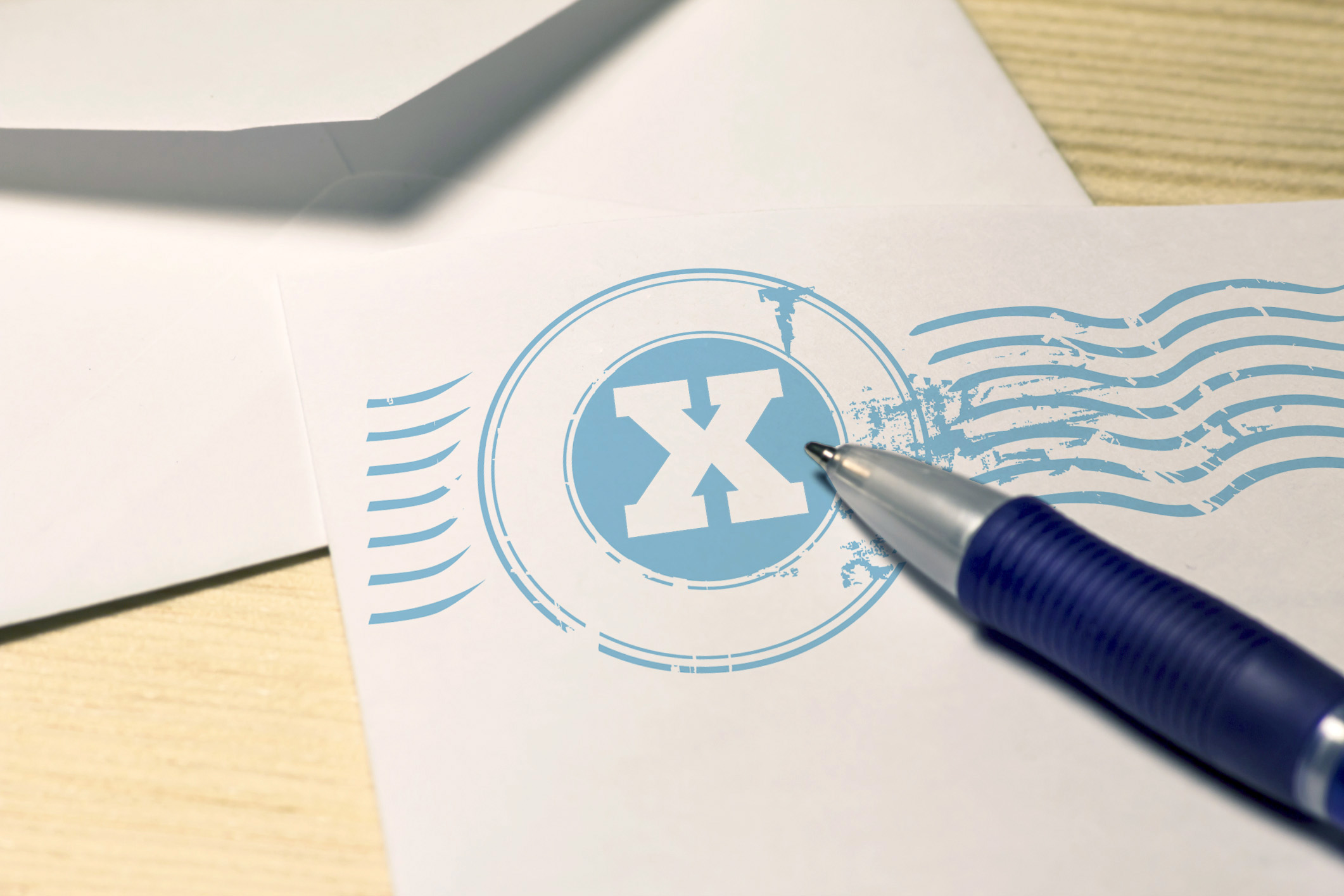I’ve been using computers since the late 1970s, when I learned to program in Fortran. Several months ago, knowing I was falling behind the technological revolution, I purchased an e-mail and Internet service for my office.
But then I canceled the order and got a refund.
With regard to e-mail, it just looked like more time and more work for me. Often, when I arrive at my office, someone is waiting there to talk to me: That’s one kind of communication. And even if no one’s there, regular mail that needs my attention has been shoved under the door — that’s another. Then, I have to check my answering and fax machines — two more recent forms of quick communication. And now, I’m supposed to boot up my computer, filter through all the junk offerings of discount cruises to Barbados and flights to Disney World to check my e-mail? No thanks (for now, at least) — not in my office, and not in my home.
E-mail is a medium that shoots evanescent light images across a global network. As such, the form is entirely generic: The light image you send is packaged exactly like everyone else’s.
To the contrary, “snail mail” — especially the handwritten letter — has the ability to deliver to others the idiosyncrasies of our penmanship, the comedy of our spelling errors, and our unique choices of stationery and writing implements. The paper itself is actually brushed by our palm as we write, folded by our hands, and then physically walked to a mailbox for pickup.
It’s like an art; it’s creative. The handwritten letter is about spirit and soul, and about gifting others with evidence of our actual physical presence on Earth, along with them. It’s true that e-mail is quick, but there is no way that it can deliver as much of ourselves to those we love. I prefer to send and receive regular mail, and it seems a little sad to me that my preference is considered nostalgic and quaint.
With regard to the Internet, I don’t see the point, quite yet. My life is already overly full, without it. There’s just so much I want to do, see and experience that staring at a computer screen — no matter what I was looking at — would seem like a waste of time. If I want to know the weather, I’ll step outside. If I want to know the price of a Joe DiMaggio baseball card, I’ll opt to play with my son, instead of spending 45 minutes finding out. And if I want to understand why the Japanese bombed Pearl Harbor, maybe I’ll keep a few history books on my nightstand for a month, instead of plugging myself into a Web site for a quick, definitive answer — proposed by whom, I’d have no idea.
There are those who tell me that, without e-mail, they wouldn’t communicate with distant friends and family at all. I believe them. They don’t have time to write, because they also say that when they get on the Internet, several hours can pass without them even noticing.
Many households now have multiple computer stations, in addition to multiple televisions, so that everyone in the family can have uninterrupted access to information, e-mail and entertainment. In a recent study, it was found that children under 8 years old spend an average of 38 hours per week, outside of school, with some kind of media — whether it’s the Internet, TV or magazines. That time is usually spent alone and unsupervised, and it increases the older they get.
That’s sad, too. Every revolution comes with a price. For this one, we might be losing the ability to communicate intimately and thoughtfully — even in our own homes — instead of merely quickly. And I think we might be losing the discernment to know the difference between information and knowledge, consuming and creating, virtual and real. And I know we’re losing the slower pace of life that — in the midst of all this furious, self-justifying speed — everyone says they crave.
Perhaps, without e-mail and Internet access, I’ll be left behind by the revolution altogether. But, seeing as how there are other ways to communicate and access information — and because I’m suspicious of where everyone thinks they’re going in such a hurry, with so much pat information — maybe that’s not so bad.
I’m just wondering. At least allow me that.
[Klaus Martin lives and works in Asheville.]



